
STUDIES IN POLITICAL TRANSITION
Edited by Klaus Bachmann
Advisory Board:
Aleksandar Fatic, University of Belgrade (Serbia)
Tom Junes, Human and Social Studies Foundation, Sofia (Bulgaria)
and Imre Kertsz Kolleg Jena (Germany)
Gerhard Kemp, Stellenbosch University (South Africa)
Irena Risti, Institute of Social Sciences, Belgrade (Serbia)
Lavinia Stan, Nova Scotia University (Canada)
VOLUME 15
 r
r
Igor Lyubashenko
Ukraine's Search for Justice in the
Shadow of the Donbas Conflict
Strategic Reforms or Crisis Management?

Bibliographic Information published by the Deutsche
Nationalbibliothek
The Deutsche Nationalbibliothek lists this publication in
the Deutsche Nationalbibliografie; detailed bibliographic
data is available in the internet at http://dnb.d-nb.de.
Library of Congress Cataloging-in-Publication Data
A CIP catalog record for this book has been applied for
at the Library of Congress.
Preparation of this book was possible thanks to support from the National
Science Centre, Poland, grant no. 2016/23/D/HS5/02600.
This Publication has been financially supported by the University of Social
Sciences and Humanities, SWPS in Warsaw.

ISSN 2191-3307 ISBN 978-3-631-81215-0 (Print)
E-ISBN 978-3-631-82289-0 (E-PDF) E-ISBN 978-3-631-82290-6 (EPUB)
E-ISBN 978-3-631-82291-3 (MOBI) DOI 10.3726/b17089
Peter Lang GmbH
Internationaler Verlag der Wissenschaften
Berlin 2020
All rights reserved.
Peter Lang Berlin Bern Bruxelles New York Oxford Warszawa Wien
All parts of this publication are protected by copyright. Any
utilisation outside the strict limits of the copyright law, without
the permission of the publisher, is forbidden and liable to
prosecution. This applies in particular to reproductions,
translations, microfilming, and storage and processing in
electronic retrieval systems.
This publication has been peer reviewed.
www.peterlang.com
About the author
The Author
Igor Lyubashenko is a political scientist who focuses on the problems of political development and transition, but also on approaches of societies to reconciliation in the contexts of large-scale conflicts and violence. He obtained his doctorate from the Faculty of Political Science, at the Maria Curie-Skodowska University (2010), and his habilitation from the Institute of Political Studies of the Polish Academy of Sciences (2018).
About the book
Igor Lyubashenko
Ukraines Search for Justice in the Shadow
of the Donbas Conflict
Should we punish wrongdoers? Should we take care of the ones who suffered from wrongdoings? Although we may believe answers to these questions are obvious, they become less so when similar questions are asked under exceptional circumstances, such as armed conflicts. These answers may decide about the continuation of hostilities or their end. The stakes are high, while we can hardly ignore the need to deal with the consequences of violence generated by a conflict.
This book discusses the dilemmas and challenges associated with the provision of justice in the context of the armed conflict in Ukrainian Donbas in 20142019.
This eBook can be cited
This edition of the eBook can be cited. To enable this we have marked the start and end of a page. In cases where a word straddles a page break, the marker is placed inside the word at exactly the same position as in the physical book. This means that occasionally a word might be bifurcated by this marker.
For Aleksandra
and generally it never happens that anything goes back to what it used to be.
Mikhail Bulgakov
It is not given to man to know what is right and what is wrong. Men always did and always will err, and in nothing more than in what they consider right and wrong.
Leo Tolstoy
Igor Lyubashenko
Ukraines Search for Justice in the Shadow of the Donbas Conflict:
Strategic Reforms or Crisis Management?
Content
Should wrongdoers be punished? Should society take care of the ones who suffered from wrongdoings? These questions stem from our intuitive and most basic understanding of justice. Common sense tells us that the majority of us would answer these questions affirmatively without much hesitation. However, it is enough to think about the abundance of existing normative systems even without going beyond the civilizational circle of the broadly understood West to quickly learn that, in practice, there are no universally applicable detailed answers to questions like these. In other words, different societies prefer different approaches to the provision of justice in situations when someone breaks the rules of the game established in a given society; not to mention the fact that the rules themselves often appear to be quite diverse.
Things become even more complicated when similar questions are asked in the context of extreme situations, when breaking the rules of the game stops being isolated accidents and turns into a systemic problem. Armed conflicts constitute a perfect though not the only example of such situations. When looking at a conflict retrospectively, historians manage to provide us with convincing explanations of pathways that led to the outbreak of violence; thus, they provide a point of reference for prescribing general responsibility. Things become much more challenging when trying to assess individual acts committed in the fog of war. Conflicts do not happen between angels and demons, but they engage people with their immanent ability to commit evil. 16is inevitably associated with high political stakes. These considerations briefly reflect the scope of problems, which are in the center of attention of the concept of transitional justice. The latter contains both normative considerations and attempts to understand regularities associated with the practice of provision of justice in transgressive moments of history.
This book is devoted to the outlined problem of the provision of justice in the context of armed conflict that emerged in the east of Ukraine at the beginning of 2014. Allow me to remark at the very beginning that the notion of transitional justice does not appear often in the literature fully or partially devoted to Ukraine. The reason is simple: unlike many other post-communist states, Ukraine started implementing policies that could be categorized as transitional justice only in the aftermath of the notorious Euromaidan protests; i.e. at the end of 2013 and the beginning of 2014. During the extremely intense and turbulent months that followed, my scientific attention was drawn by these practices, which addressed different types of wrongdoings: the ones committed during the already distant Soviet period, the ones associated with high-level corruption in the post-1991 period, and the ones associated with the mentioned Donbas conflict. As time passed, the latter overshadowed all other dimensions of the Ukrainian transitional justice project. This is not a surprise, considering the urgency of Donbas hostilities and their impact on different aspects of social and political life in Ukraine. Policies designed and implemented by Ukrainian authorities with the aim of addressing injustices generated by the Donbas conflict constitute the main subject of research that became the foundation of this book.

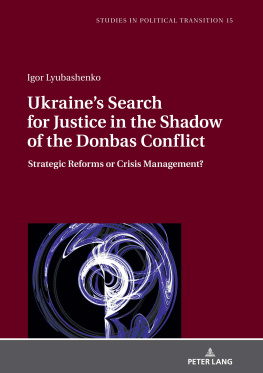

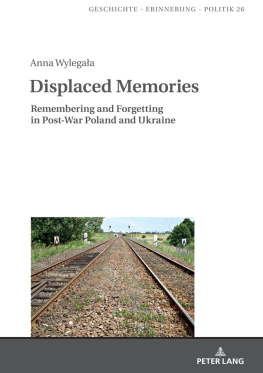

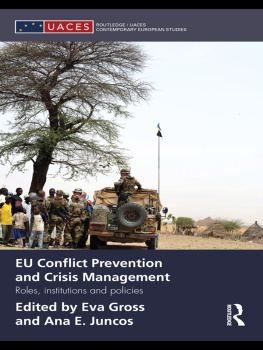
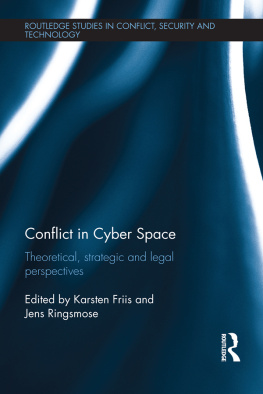
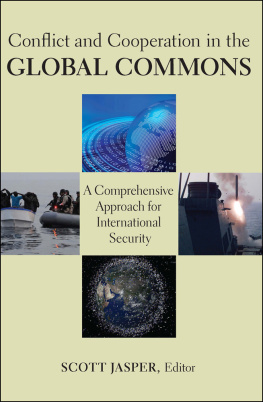
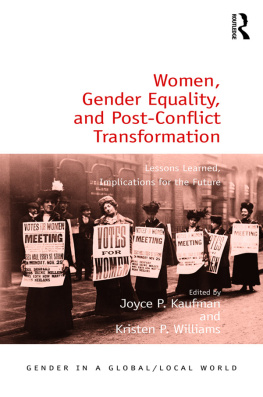
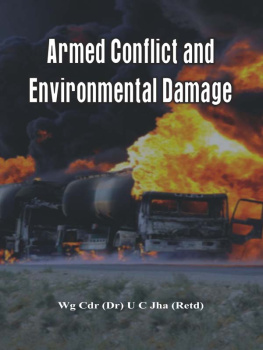
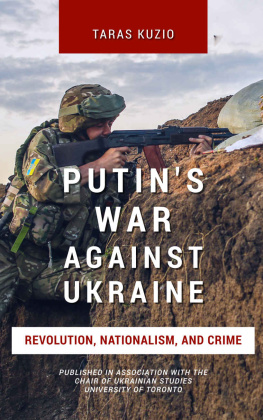
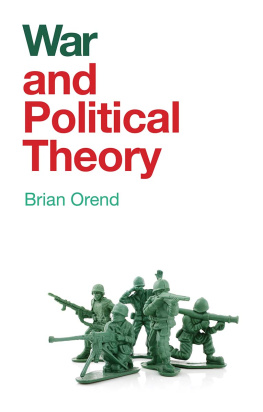

 r
r